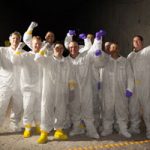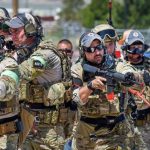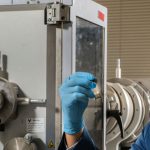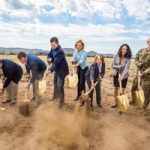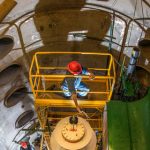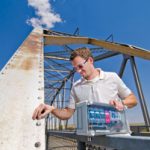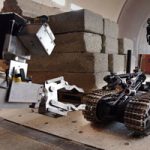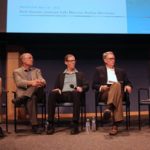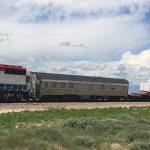Keeping perspective during a long recovery
Sean Dunagan knows firsthand how to bring a major project back online after a three-year shutdown. Following the February 2014 events that closed the Waste Isolation Pilot Plant in Carlsbad, New Mexico, he was the senior WIPP recovery manager at DOE. Now back in Sandia’s employ, Sean manages special projects and remote site support for the Labs’ Carlsbad office.
